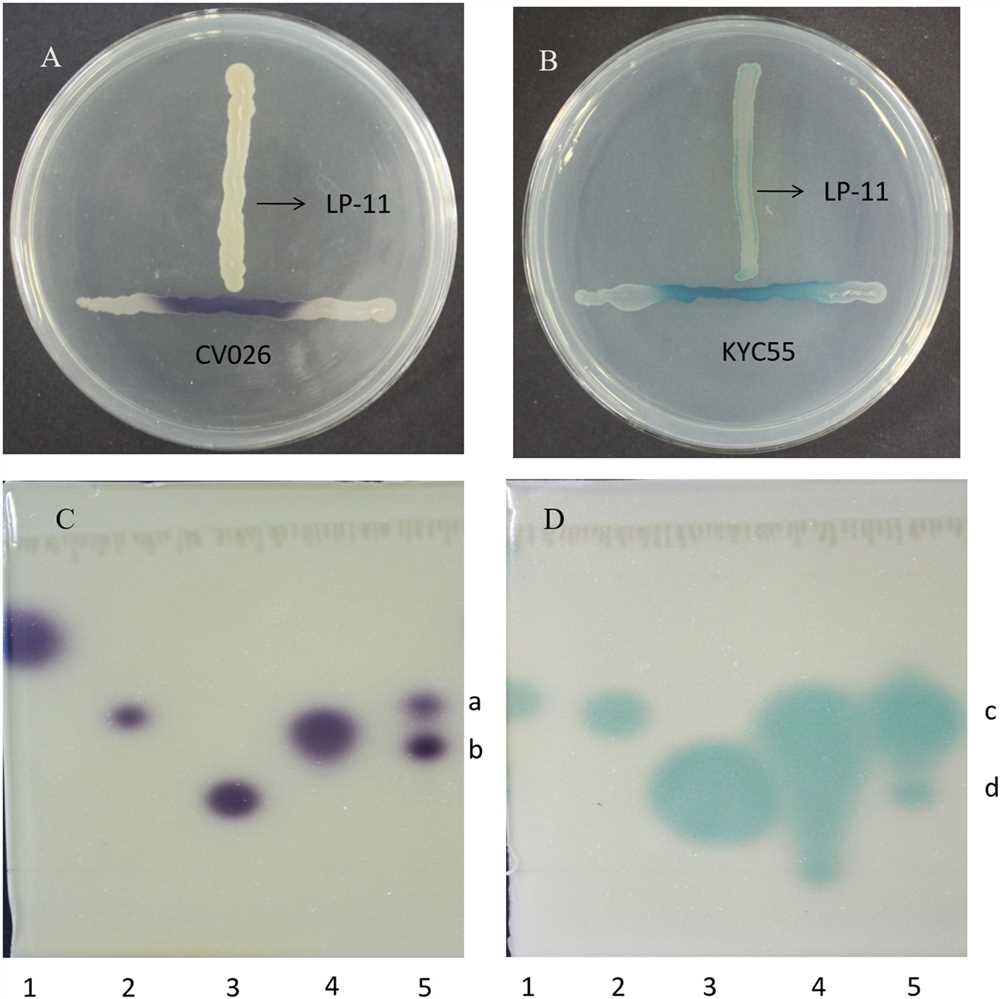
Citrobacter freundii is a species of Gram-negative bacteria that is commonly found in the environment, as well as in the human and animal intestines. It is known to cause various healthcare-associated infections, including urinary tract infections, pneumonia, and bacteremia. Therefore, it is important to accurately identify and differentiate Citrobacter freundii from other bacteria.
The citrate test is a biochemical test used to determine whether an organism can utilize citrate as a sole source of carbon and energy. In the case of Citrobacter freundii, this test can be particularly useful in differentiating it from other bacteria that may be present in clinical samples.

The test involves inoculating the organism onto a citrate agar medium that contains citrate as the sole carbon source. If the organism is able to utilize citrate, it will produce the enzyme citrase, which breaks down citrate into pyruvate and carbon dioxide. The carbon dioxide production causes the pH of the medium to increase, resulting in a color change from green to blue. A positive result indicates that the organism can utilize citrate, while a negative result suggests that it cannot.
The citrate test is commonly used in clinical microbiology laboratories as part of the identification process for Citrobacter freundii and other related bacteria. It can help in the accurate and rapid identification of the organism, allowing for appropriate and timely treatment to be initiated. However, it is important to note that the citrate test should not be used as the sole diagnostic criterion, as other tests and clinical findings are also necessary for a comprehensive diagnosis.
